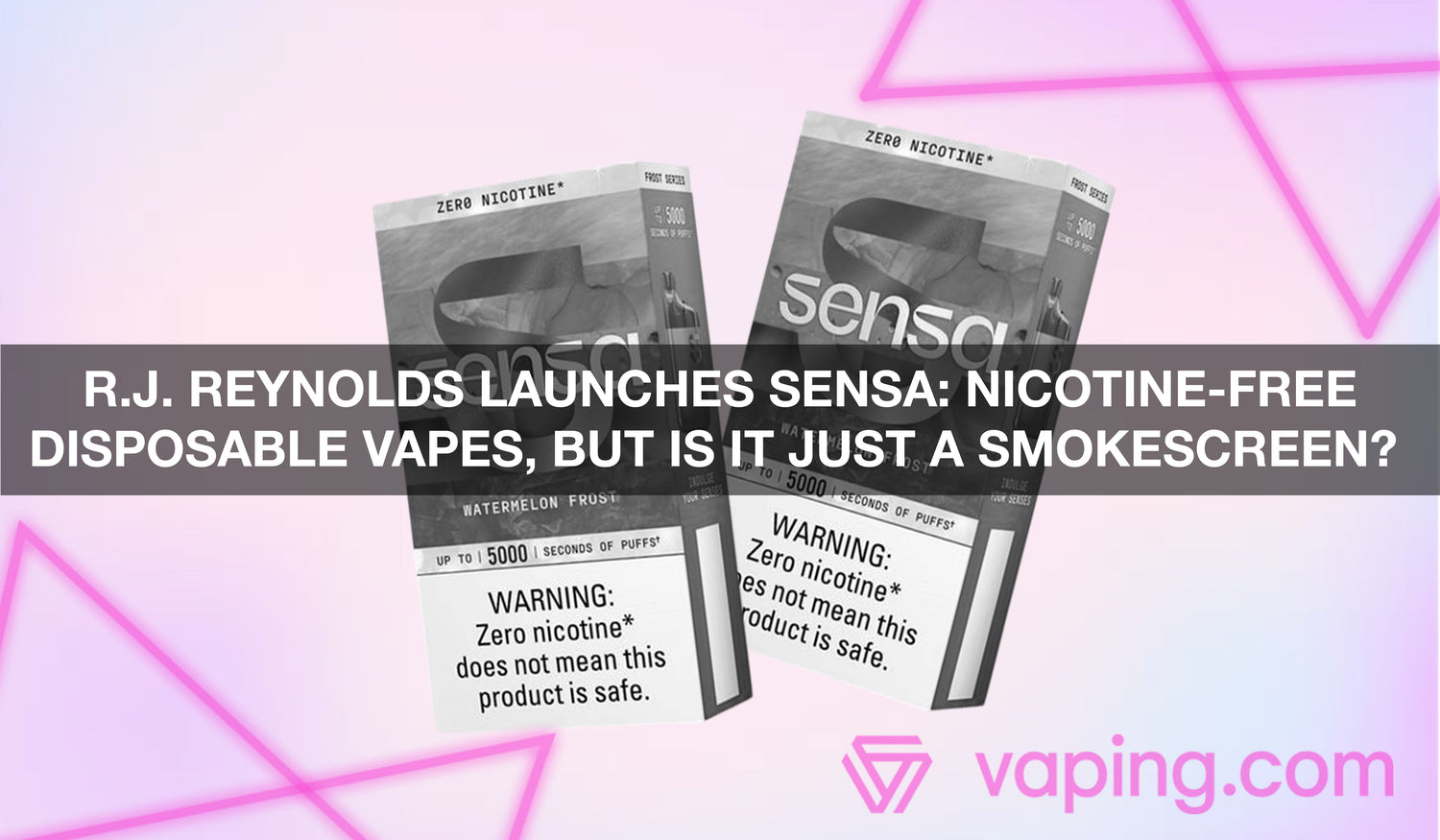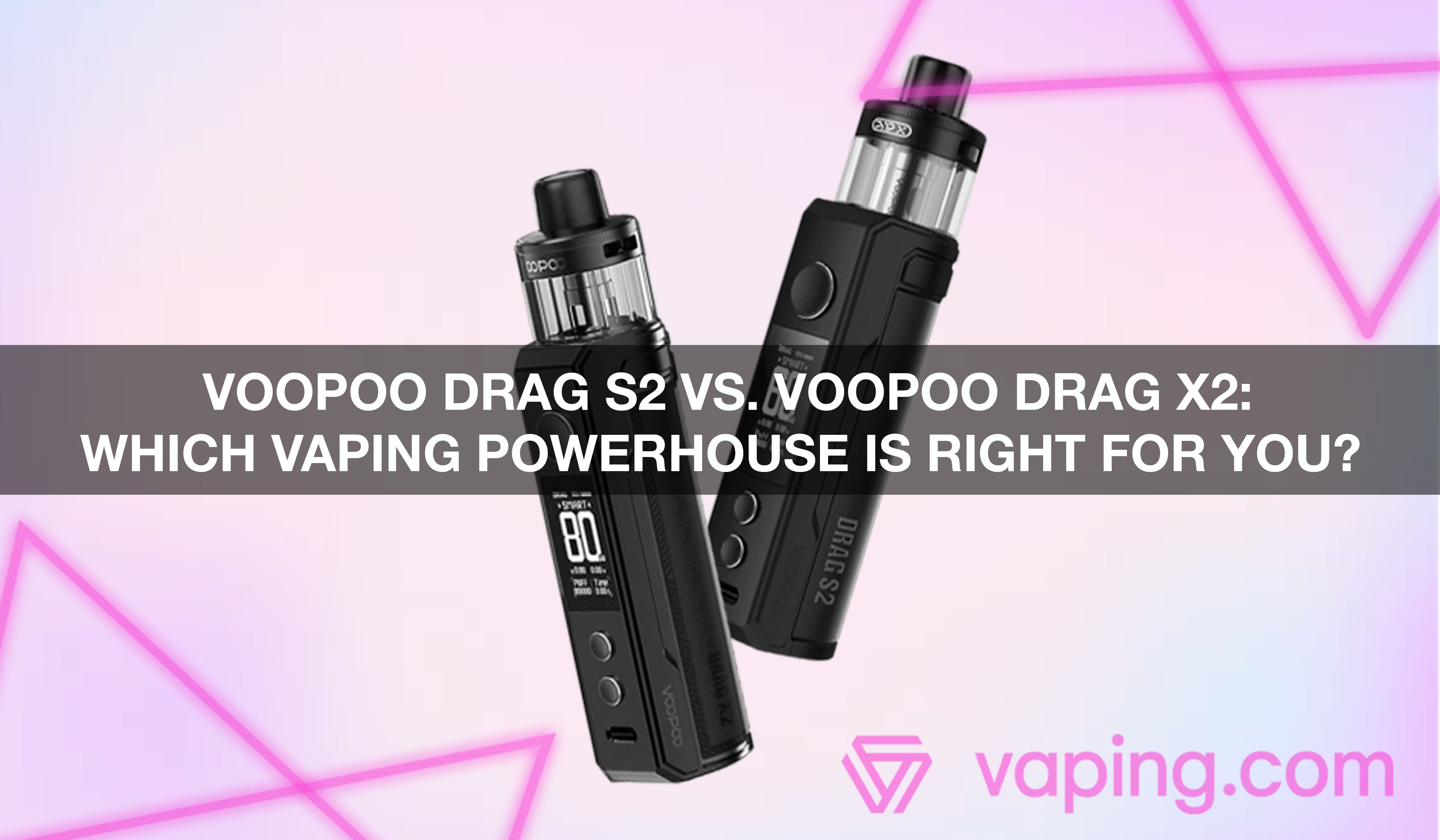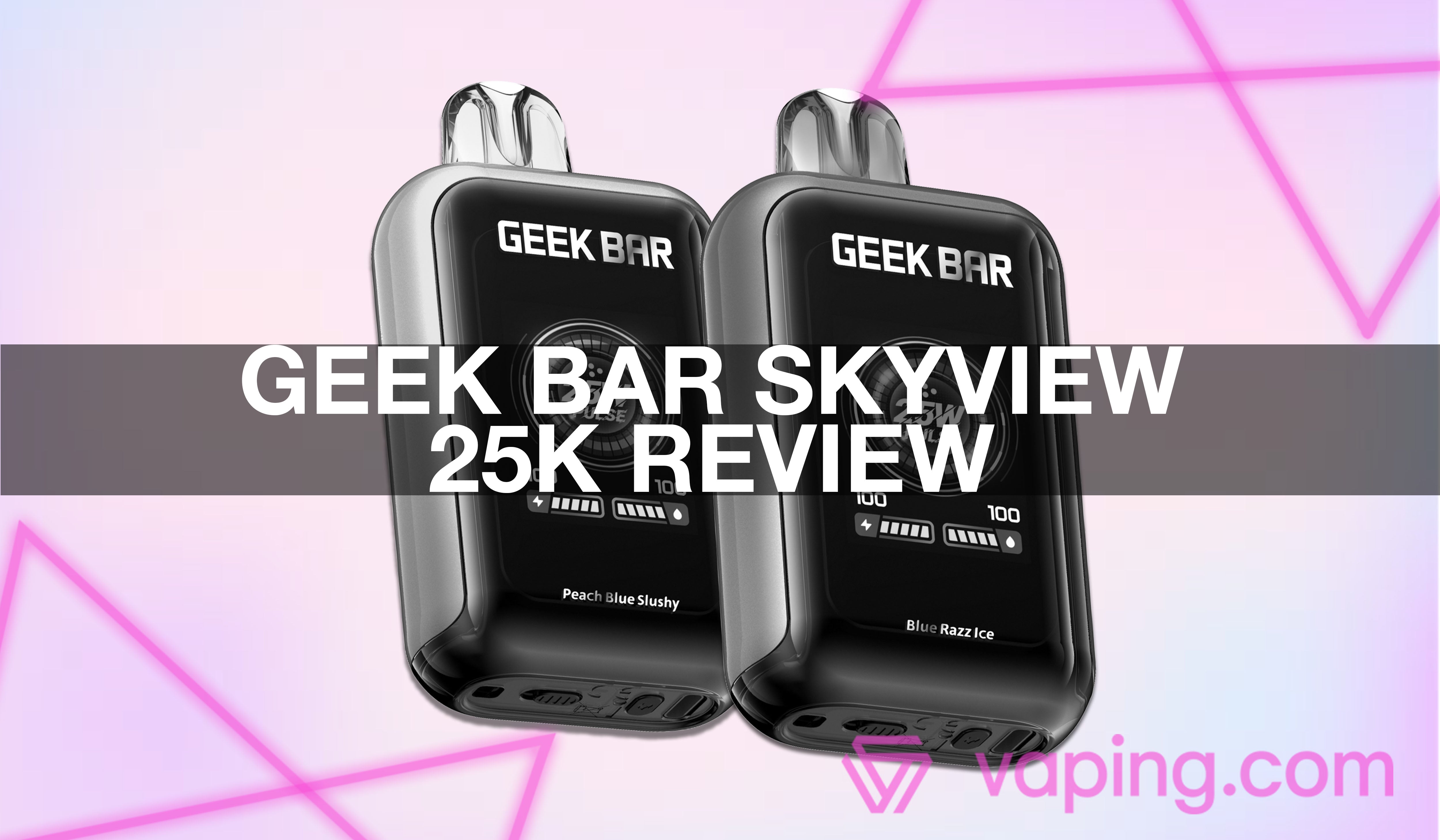R.J. Reynolds, the tobacco giant known for its aggressive marketing and controversial tactics, has introduced a new line of nicotine-free disposable vapes under the brand name SENSA. Available today in the United States, these products come in six non-tobacco flavors and are notably not part of the company’s well-known Vuse brand. But is this latest move a genuine attempt to cater to consumer demand, or is it simply a calculated strategy to sidestep regulation and boost profits?
SENSA: A Strategic Diversion?
Reynolds, a subsidiary of British American Tobacco (BAT), has positioned SENSA as a novel entry in the vape market. Despite the absence of nicotine, the company insists on marketing SENSA with the same restrictive guidelines applied to its nicotine-containing Vuse products, including enforcing a 21-and-over sales policy and placing SENSA alongside other age-restricted items in stores. These precautions, however, seem more like a marketing tactic designed to give the appearance of responsibility rather than a genuine commitment to public health.
The SENSA devices, which claim to provide "5,000 seconds of puffs," come with a removable battery for recycling—a move that is more about optics than substance, especially considering the product’s steep $19.99 price tag. This makes SENSA more expensive than many nicotine-containing disposables on the market, raising questions about who the real target audience is. \
Dodging the FDA: A Clever Loophole
Perhaps the most concerning aspect of SENSA’s launch is Reynolds' decision not to seek FDA authorization. The company argues that because SENSA is nicotine-free, it falls outside the FDA’s jurisdiction—a bold claim that appears to exploit a loophole in the 2016 Deeming Rule. This rule gives the FDA authority over vaping products but defines zero-nicotine e-liquids as tobacco products because they can be modified to include nicotine. However, since SENSA is a sealed device that cannot be tampered with, Reynolds contends it is beyond the FDA’s reach.
A Small Market or a Big Opportunity?
Reynolds claims that nicotine-free vapes currently represent just 1-2 percent of the vape market in convenience stores and gas stations, but the company clearly sees this as a growth opportunity. SENSA’s flavors, such as watermelon frost, passionfruit frost, and berry fusion, closely mimic the sweet, fruity profiles found in nicotine-containing vapes—profiles that have been widely criticized by RJR in the past, claiming they appeal to younger users.
Despite a growing body of evidence indicating that flavor bans on vaping products may lead to increased cigarette smoking, tobacco giants keep pressuring policymakers in their pursuit of such prohibitions.
The National Bureau of Economic Research (NBER) reported that restrictions on flavored vaping products reduce frequent youth use by 1.2 to 2.5 percentage points. However, these restrictions also result in a substitution effect, with young adults shifting to combustible cigarettes. This finding is supported by a June study from the Society for Research on Nicotine and Tobacco (SRNT), which observed a significant increase in cigarette sales in New Jersey after the state's 2020 ban on e-cigarette flavors.

Despite Reynolds' insistence that SENSA is "intended for adult tobacco and vapor consumers" and is not designed to attract underage users, the flavor lineup of the product highlights the contradiction in its approach, especially given its history and current fight against flavored disposables, which it has condemned as a public health risk.
Hypocrisy in Action
The launch of SENSA highlights the glaring hypocrisy in Reynolds' approach to flavored vapes. While the company offers similar flavored nicotine-containing products under the Vuse brand in other countries, it has simultaneously waged war against flavored disposables in the U.S., which pose a threat to its market share. Reynolds has gone so far as to demonize other companies’ products, describing their "dessert and candy flavors" as risks to youth and even suggesting that some might be "laced with fentanyl."
This double standard reveals that Reynolds’ primary concern is not public health, but rather protecting its own bottom line. By introducing SENSA, the company seems to be playing both sides—criticizing flavored vapes while simultaneously capitalizing on the trend with a product that conveniently avoids regulation.
What’s Next?
As R.J. Reynolds rolls out SENSA, consumers and regulators alike should remain skeptical of the company’s motives. The introduction of a nicotine-free product might seem like a positive step at first glance, but a closer look suggests it’s a calculated move to exploit regulatory loopholes and maintain market dominance.
The future of vaping regulation in the U.S. is uncertain, but one thing is clear: companies like Reynolds will continue to push the boundaries in their quest for profit. The launch of SENSA is just the latest chapter in this ongoing saga, and it raises important questions about the ethics and accountability of big tobacco companies in the rapidly evolving vaping industry.






Leave a comment
This site is protected by hCaptcha and the hCaptcha Privacy Policy and Terms of Service apply.